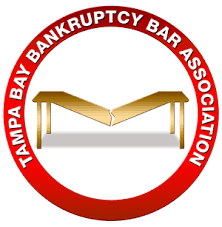A proposed court settlement between the Trump administration and defrauded borrowers is in jeopardy after the administration revealed its widespread denials of requests for student debt cancellation for those who attended schools who lied to them in order to get them to attend, the Washington Post reported recently.
The settlement required that borrowers who were still awaiting a decision on their Borrower Defense to Repayment (“BDTR”) application after 18 months would get 30 percent of their federal loans discharged for every month that the department is late, and those who are denied reserve the right to an appeal. Not surprisingly, as a result, we have seen mass denials this summer. I personally have seen around ten outright denials – no specifics, just a general denial of failure to state a claim. I have seen two approvals – but these were only for 10% of the principal and waiver of interest during the review period. A drop in the bucket.
This reminds me of the FTC lawsuit against DeVry. They had them dead to rights with written misrepresentations in their marketing material regarding job placement rates. The settlement? Everyone got checks. The problem was the checks were only for around $500. For screwing up someone’s life forever.
 Reboot Your Life: Tampa Student Loan and Bankruptcy Attorney Blog
Reboot Your Life: Tampa Student Loan and Bankruptcy Attorney Blog




